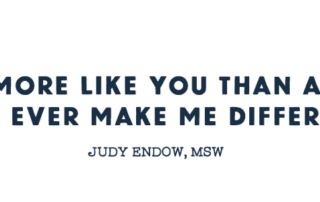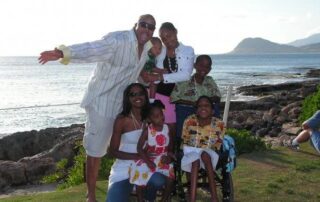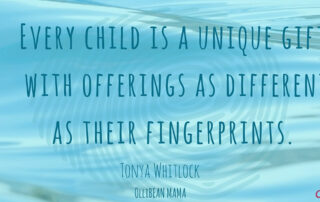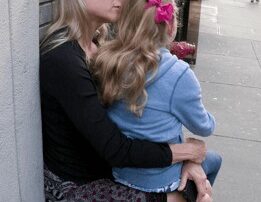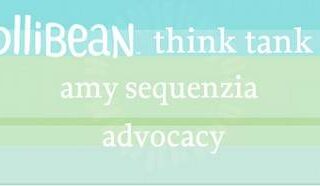Autism and Friendship
By Judy Endow For many years having friends eluded me. I find that to be true with many teen and young adult autistics. If you are in that predicament I encourage you to hang in there because it does get better over time. One of the hardest things we have going against us as autistics is that it is generally non-autistics who try to help us to have friends. The only way they know how to help is to try to get us to make friendships work in the way they make them work based on the way their neuromajority
An Autistic Weighs in on Friendship
I am a professional person who works as an autism consultant to various school districts when I am not speaking and writing. I have an autism neurology myself so I enjoy the privilege of being able to see and experience autism from a variety of viewpoints. One thing that greatly pains me is the continuing wrong assumptions professional people make about autistics and how those wrong assumptions often get interpreted as fact.
Autism, Growing Up and Defining Friends
As an autistic, I have difficulties in the social arena in a multitude of ways. This was especially true during my growing up years. Even today as an adult, automatic social understanding is not my strong suit. I am, however, able to continually learn new things that enable me to do and be all I want in this world. Today, in my professional work I am able to provide some input to a variety of organizations and schools in regards to individuals with an autism label. One thing I consistently see regardless of where I go is the practice of
Autistics Can BE Friends
Just like people in the neuro majority do not automatically understand social norms of autistics so it is that autistics do not automatically understand the social norms of the neuro majority. This is not complicated. Our different neurologies sort us out to have different norms when it comes to behaviors around friendships. As a society we seem to operate on an assumption that the social ways of the majority are the right ways. We do not think about this or talk about this. We all define the standard by a majority rules mentality. Then, anyone who deviates from this standard
Out of the Goodness of Your Heart
I have nothing against the goodness in the hearts of other people. However, I would like to explain how it feels to be on the receiving end when I am befriended out of the goodness of your heart. First of all this doesn’t a friendship make because authentic friendships are reciprocal. This means that giving and receiving go both ways. The benefits are mutual. When you befriend me out of the goodness of your heart - and then tell me so - I understand that you are assuming the role of a kind benevolent person while I am perceived as
Believing in Your Child and Why It Matters
"No one affects a child's day, dreams and future like a mother. Of course we are never perfect, but perfect is never the goal." Tonya Whitlock
Ollibean Mama Spotlight : Ariane Zurcher
"It means living in a society that embraces the diversity of human beings. It means inclusion is a way of life and manifests itself in every aspect of our culture, from the schools and education, to the work place and everything in between… It means paradise!" Ariane Zurcher
Happiness is Fireflies
This very sweet video, 'Fireflies' by The Jubilee Project is about two kids that connect in a beautiful way.
Bureaucrats
You look at me But you don’t see me You talk about me but not to me You think you know all about me But you deny my humanity You think I don’t have wishes You believe I don’t have plans You don’t respect my basic rights According to you I should be grateful That I have a place to sleep That I have three meals a day If I say I want to go out You ignore me To you I am only a burden Too disabled to have an opinion To you I don’t count as a person
Amy Sequenzia : Friendship and Respect
It is a mistaken idea that we, autistics, lack empathy. It is also a myth that we are not social. My friends and I, we understand and respect differences. And we understand that we all have a lot to contribute, in a diversity of manners.
Friend 2 Friend Social Learning Society
The Friend 2 Friend Social Learning Society is a British Columbia-based not-for-profit organization formed in 2002 for the purpose of promoting mutually rewarding friendships between children with autism spectrum and related social-communicative disorders and their peers, classmates and siblings. Our goal is to help children develop to the best of their abilities through the play and socialization that results from these friendships. We do this by providing direct services for children by visiting schools and other community settings to explain the sensory and communication challenges of autism spectrum and related disorders. We use a fun and interactive approach while teaching

